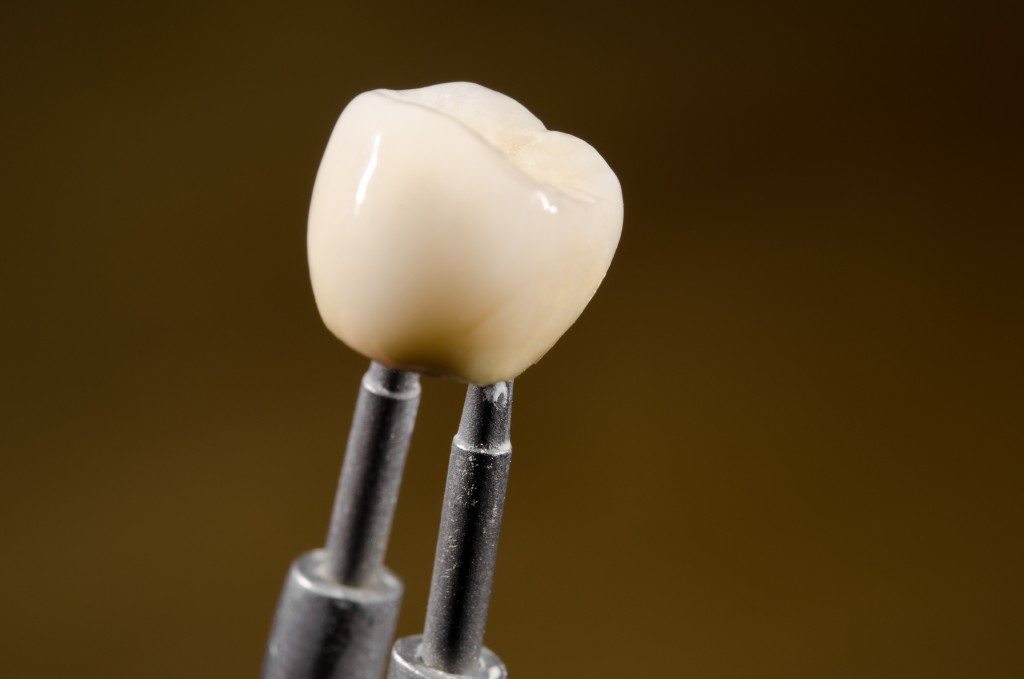Despite the many developments and advancements that have taken place in the dental industry, many people are still suffering from teeth and gum-related problems. According to the World Dental Federation, untreated tooth decay impacts 44% of the world’s population, affecting 100% of adults and around 60% of children.
In the United States alone, Americans spend $110 billion on oral healthcare every year. The good news is that, nowadays, there are various options to choose from to treat decayed teeth. A dental implant is one of them.
What are Dental Implants?
A dental implant is a tooth root made of titanium alloy that interfaces with the jaw to support a dental prosthesis. They are used as an option for people with missing or damaged tooth or teeth due to periodontal disease or an injury. They are designed to look, feel and function like the natural teeth.
The first stage of the surgery often involves tooth extraction of any existing damaged tooth. This is followed by the implant placement procedure, usually done at the same appointment. Healing time is usually anywhere between two to six months.
Nowadays, platelet-rich plasma (PRP) treatments in clinics in East Stroudsburg, Pennsylvania, can jumpstart the healing process in just two weeks. Many offer the PRP procedure, which helps increase tissue synthesis and faster tissue regeneration.
Once the dental implant is successfully taken up by the surrounding bone, a small connector post, called an abutment, is attached to the dental implant via a screw. To make the new tooth or set of teeth, the dentist makes an impression of the patient’s bite and have the implant crown custom-made to fit.
The replacement tooth is then attached to the abutment. Because the implant is secured within the jawbone, the replacement tooth feels, looks and functions like the natural one. Apart from this, a dental implant offers a lot of other advantages.

What are the Advantages of Dental Implants?
High Success Rate. When properly cared for, dental implants have shown to have a success rate of up to 91% for upper implants and 98% for lower implants for periods of 40 to 50 years. Other factors affecting the success rates for dental implants include the general health of the patient, the type of replacement teeth and the quantity of bone.
- Durability. Dental implants are made from three parts: the post or body, the abutment and the ceramic crown. Post-surgery, the jawbone fuses with the post and locks in the dental implant. And because of this, the replacement tooth can last many years. With proper care and maintenance, implants can last a lifetime.
- Convenience. Dental implants eliminate the embarrassing discomfort of dentures, which can sometimes fall off. Since the implants are anchored to the bone, this leads to easier eating as well as an added convenience.
- Improved Facial and Bone Features. Dental implants are manufactured from titanium, a metal that has been known to bond with natural tooth tissues and adjacent bones. This characteristic of titanium helps preserve the facial and jaw structures by reducing the load on the remaining oral structures and restoring natural tooth tissue.
The next big thing to real teeth, dental implants are designed to feel, look and function like the real ones. However, just like the natural teeth, proper care and maintenance should still be followed to enjoy the benefits of this dental procedure.






